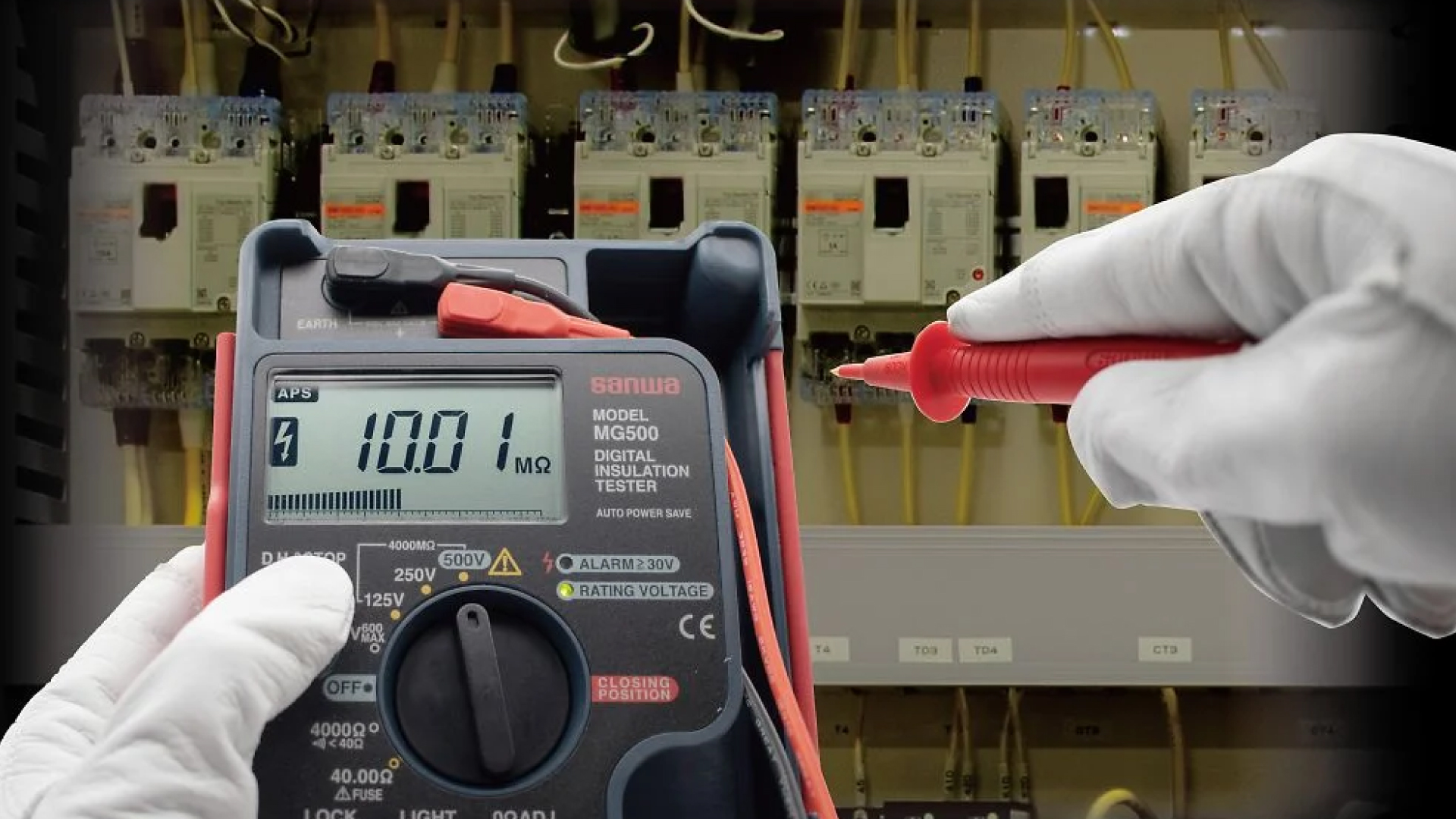
An Insulation Tester is a specialized electrical testing device used to measure the insulation resistance of electrical wiring, cables, motors, transformers, and other electrical equipment. It helps ensure that the insulation materials are effective and have not deteriorated, which could otherwise cause electrical leakage, short circuits, or equipment failure.
Why is Insulation Testing Important?
Electrical insulation acts as a barrier to prevent the flow of unintended current between conductors or from a conductor to the ground. Over time, insulation can deteriorate due to moisture, heat, mechanical damage, or chemical exposure. This degradation can lead to:
-
Electrical shocks to personnel
-
Short circuits or ground faults
-
Equipment damage and downtime
-
Fire hazards
Regular insulation testing helps detect insulation breakdown early, preventing costly failures and ensuring electrical safety.
How Does an Insulation Tester Work?
-
Applying High DC Voltage: Unlike regular multimeters that use low voltage for continuity or resistance testing, insulation testers apply a higher DC voltage, typically ranging from 250V to 5,000V, depending on the equipment being tested.
-
Measuring Resistance: The tester measures the resistance offered by the insulation. Insulation resistance is usually expressed in megaohms (MΩ).
-
Reading the Results: A high insulation resistance reading (usually in the megaohm range) means the insulation is intact and reliable. A low resistance reading indicates possible insulation failure or contamination.
Typical Applications of Insulation Testers:
-
Testing the insulation of electrical wiring in buildings
-
Verifying motor winding insulation in industrial motors
-
Inspecting transformer insulation condition
-
Checking cables for damage before installation or during maintenance
-
Ensuring electrical safety in factories, power plants, and commercial facilities
Features to Look for in an Insulation Tester:
-
Voltage Range: Ability to test insulation under different voltages for varied equipment.
-
Resistance Range: Capability to measure very high resistance values accurately.
-
Safety Features: Such as automatic discharge of capacitive circuits to avoid shocks.
-
Portability: Compact and easy to carry for field testing.
-
Data Logging: Some advanced models offer data storage and connectivity options.


